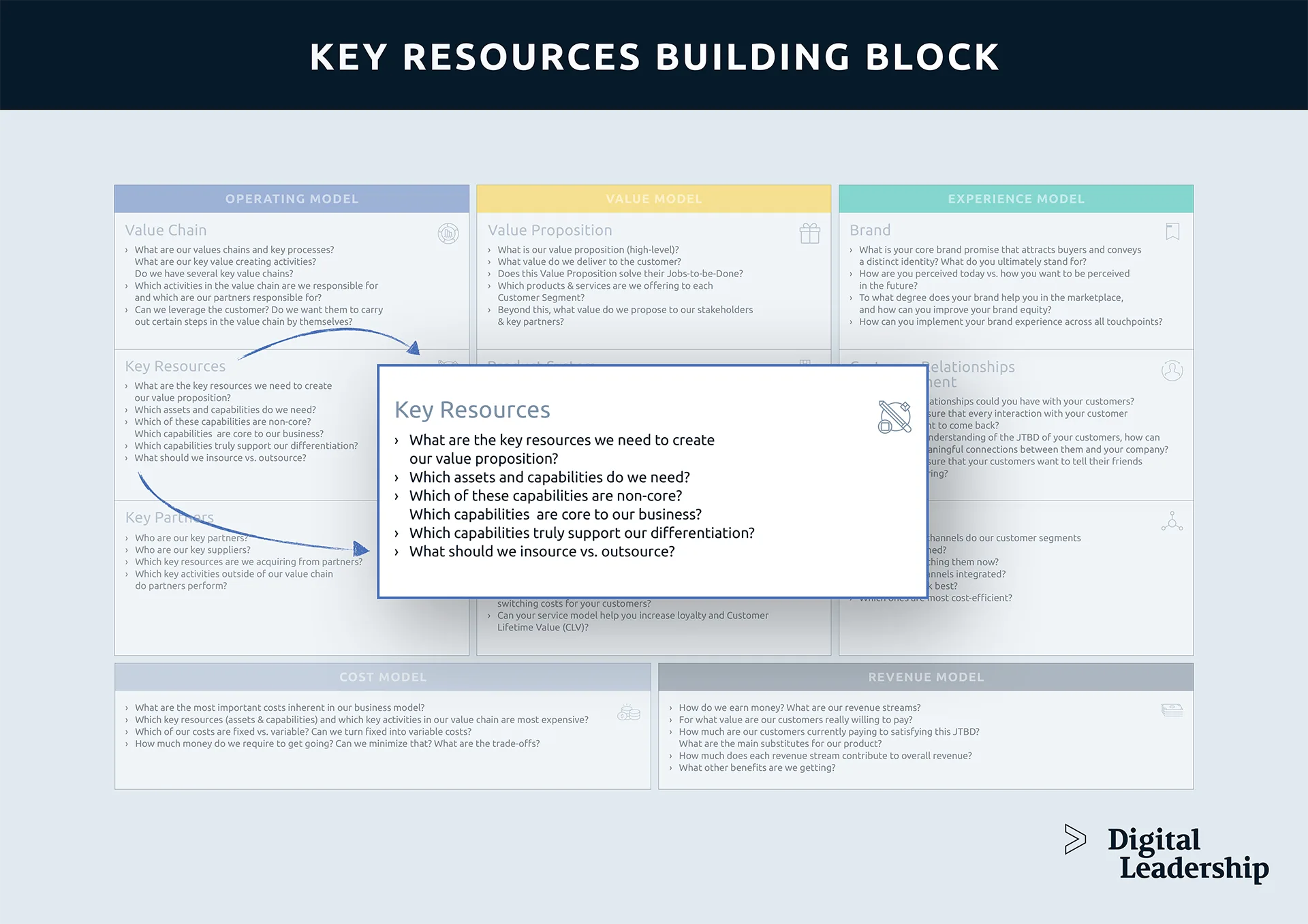Raw Materials Examples: Uncover the Power of These Essential Building Blocks
Raw materials examples include wood, steel, plastic, cotton, and petroleum-based products. Raw materials are the basic substances used in the production of goods and products.

Credit: digitalleadership.com
Types Of Raw Materials
Raw materials examples include minerals, metals, wood, chemicals, and agricultural products. These diverse types of raw materials form the foundation for various industries, contributing to the production of a wide range of products we use in our daily lives.
Raw materials are essential components used in the production of various products. They are the building blocks that enable the creation of everything from food and clothing to buildings and electronics. Raw materials can be classified into two main types: natural raw materials and synthetic raw materials.
Natural Raw Materials
Natural raw materials are sourced directly from nature. They are derived from plants, animals, minerals, and other naturally occurring substances. These raw materials are often used in their original or minimally processed form, making them environmentally friendly and sustainable choices.
There is a wide range of natural raw materials available, each with unique characteristics and applications. Some common examples include:
- Wood: Used in construction, furniture, and paper production.
- Cotton: Used to make textiles and clothing.
- Wool: Sourced from animals like sheep, used for clothing and textiles.
- Metals: Including iron, copper, and aluminum, used in various industries.
- Stone: Used for construction, sculptures, and decorative purposes.
Synthetic Raw Materials
Synthetic raw materials, also known as man-made or artificial raw materials, are created through chemical processes. These materials are made by combining different chemicals and substances to produce desired properties and characteristics. Synthetic raw materials often offer enhanced performance and versatility compared to their natural counterparts.
The following are examples of synthetic raw materials commonly used in various industries:
- Plastics: Created from petroleum or natural gas, plastics have diverse applications in packaging, construction, and manufacturing.
- Synthetic fibers: Examples include nylon, polyester, and acrylic, used for textiles, upholstery, and carpets.
- Synthetic rubber: Used for tires, gaskets, and countless other industrial applications.
- Ceramics: Produced through controlled heating processes, ceramics are used in pottery, kitchenware, and electronic components.
The availability and use of natural and synthetic raw materials play a crucial role in shaping various industries. Understanding the different types of raw materials helps us make informed decisions about sustainable sourcing, production processes, and product development.

Credit: www.britannica.com

Credit: wou.edu
Frequently Asked Questions Of Raw Materials Examples
Q: What Are Some Examples Of Raw Materials?
A: Some examples of raw materials include wood pulp, iron ore, crude oil, cotton, and natural gas. These materials are used in various industries such as manufacturing, construction, and energy production.
Q: How Are Raw Materials Used In Manufacturing?
A: Raw materials are used in manufacturing processes to create finished products. They undergo different stages such as extraction, processing, and synthesis to transform them into usable components. From metal ores to plant fibers, raw materials are essential for producing a wide range of consumer goods.
Q: What Is The Importance Of Raw Materials In Construction?
A: Raw materials play a crucial role in construction projects as they form the foundation of buildings and structures. Materials like cement, steel, sand, and aggregates are used to create strong foundations, walls, and roofs. The quality of raw materials used directly impacts the durability and safety of the construction.
Q: Are Natural Resources The Same As Raw Materials?
A: While there is some overlap, natural resources and raw materials are not exactly the same. Natural resources refer to the earth’s reserves of minerals, water, plants, and energy sources, whereas raw materials are the specific components extracted from natural resources for further processing and use.
Conclusion
Raw materials play a crucial role in various industries, serving as the foundation for countless products we use daily. From natural resources like wood and minerals to synthetic substances like plastics and chemicals, the examples of raw materials are diverse and abundant.
Recognizing the significance of these materials allows us to appreciate the complex supply chains that sustain our modern lifestyles. By understanding the raw materials used in different sectors, we can make more informed choices about the products we consume and contribute to a more sustainable future.
{ “@context”: “https://schema.org”, “@type”: “FAQPage”, “mainEntity”: [ { “@type”: “Question”, “name”: “Q: What are some examples of raw materials?”, “acceptedAnswer”: { “@type”: “Answer”, “text”: “A: Some examples of raw materials include wood pulp, iron ore, crude oil, cotton, and natural gas. These materials are used in various industries such as manufacturing, construction, and energy production.” } } , { “@type”: “Question”, “name”: “Q: How are raw materials used in manufacturing?”, “acceptedAnswer”: { “@type”: “Answer”, “text”: “A: Raw materials are used in manufacturing processes to create finished products. They undergo different stages such as extraction, processing, and synthesis to transform them into usable components. From metal ores to plant fibers, raw materials are essential for producing a wide range of consumer goods.” } } , { “@type”: “Question”, “name”: “Q: What is the importance of raw materials in construction?”, “acceptedAnswer”: { “@type”: “Answer”, “text”: “A: Raw materials play a crucial role in construction projects as they form the foundation of buildings and structures. Materials like cement, steel, sand, and aggregates are used to create strong foundations, walls, and roofs. The quality of raw materials used directly impacts the durability and safety of the construction.” } } , { “@type”: “Question”, “name”: “Q: Are natural resources the same as raw materials?”, “acceptedAnswer”: { “@type”: “Answer”, “text”: “A: While there is some overlap, natural resources and raw materials are not exactly the same. Natural resources refer to the earth’s reserves of minerals, water, plants, and energy sources, whereas raw materials are the specific components extracted from natural resources for further processing and use.” } } ] }




